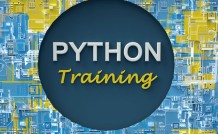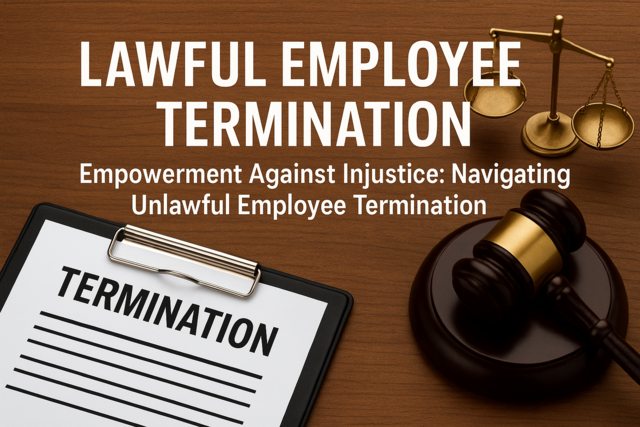Spelling 101
Master Every Word, One Letter at a Time
Spelling 101

Master Every Word, One Letter at a Time

Unlock the power of perfect prose with Spelling 101--a transformative journey that fortifies your command of the English language and elevates every piece of writing you touch. Imagine navigating your daily communications with precision and confidence, turning once-daunting spelling challenges into effortless triumphs. This isn't just a course; it's your gateway to articulate clarity and professional excellence. Embrace this opportunity to rid your writing of errors that undermine your authoritative voice. With insightful guidance and personal feedback, you'll not only conquer common pitfalls but thrive in a world that demands eloquence. Say goodbye to reliance on spell-check and hello to the empowered writer within. Enroll now to redefine your potential. Your enhanced future begins with us.
In This Course 
7 Hours average completion time
0.7 CEUs
8 Lessons
37 Exams & Assignments
88 Discussions
8 Videos
87 Reference Files
6 Articles
Mobile Friendly
Last Updated December 2025
Description 
Do you use your Spell Check on your computer obsessively? Are you afraid to write anything without a dictionary or computer spelling program? Are you receiving low grades on schoolwork because of poor spelling? Are your business emails filled with embarrassing spelling errors? Well then, it sounds like you can use this online course!
The English language is one of the most complex languages in the world when it comes to spelling. Many words are Latin in origin and follow the antiquated rules of this now dead language. Additionally, the English language has borrowed more words from other languages such as French and German than most people realize -- this variety of words complicates spelling because they follow the particular spelling conventions of their mother tongue.
This online spelling course will help improve your English Language spelling abilities. This class will teach you how to avoid misspellings by recognizing spelling errors quickly. We'll review not only the basic rules of spelling but also the most common spelling "trouble spots" (commonly missed words and word patterns). We'll also discuss those tricky synonyms, antonyms, homonyms, suffixes and prefixes.
This course is self-paced and practice exercises are reviewed by the instructor with feedback. You set your own learning schedule so there's no pressure. Why not learn to write error-free English, and improve your grades or help with the quality of your professional writing? So join us today, and let's improve your spelling skills.
Skills You'll Develop 
- Strengthen precision in written communication
- Improve professional writing quality
- Apply spelling rules with confidence
- Develop effective self-editing practices
- Recognize and correct spelling errors quickly
- Enhance understanding of prefixes and suffixes
- Master commonly misspelled words and patterns
Discover More Skills Like These 
Related Courses 
-

Behavior Management 101
-

Microsoft Outlook Level 1
-

Creating a Positive Work Environment
-

Third Grade Curriculum
-

The Art of Setting Goals
-

Understanding Addictions
-

Python Programming 101
-

Cybersecurity 101
-

River Rhythms: A Beginner's Guide into Canoeing
-

Human Resources Productivity Course Bundle
-

John Adams (American Presidents Series)
-

Nutrition 201: A Closer Look
-

Cake Decorating
-

Quicken Tutorial: All Versions
-

Reiki Level 3
-

Soap Making Mastery
-

Creating and Managing a Non-Profit Organization
-

Lawful Employee Termination
-

Microsoft Project 2021
-

Cooking Class Bundle: 5 Cooking Courses
